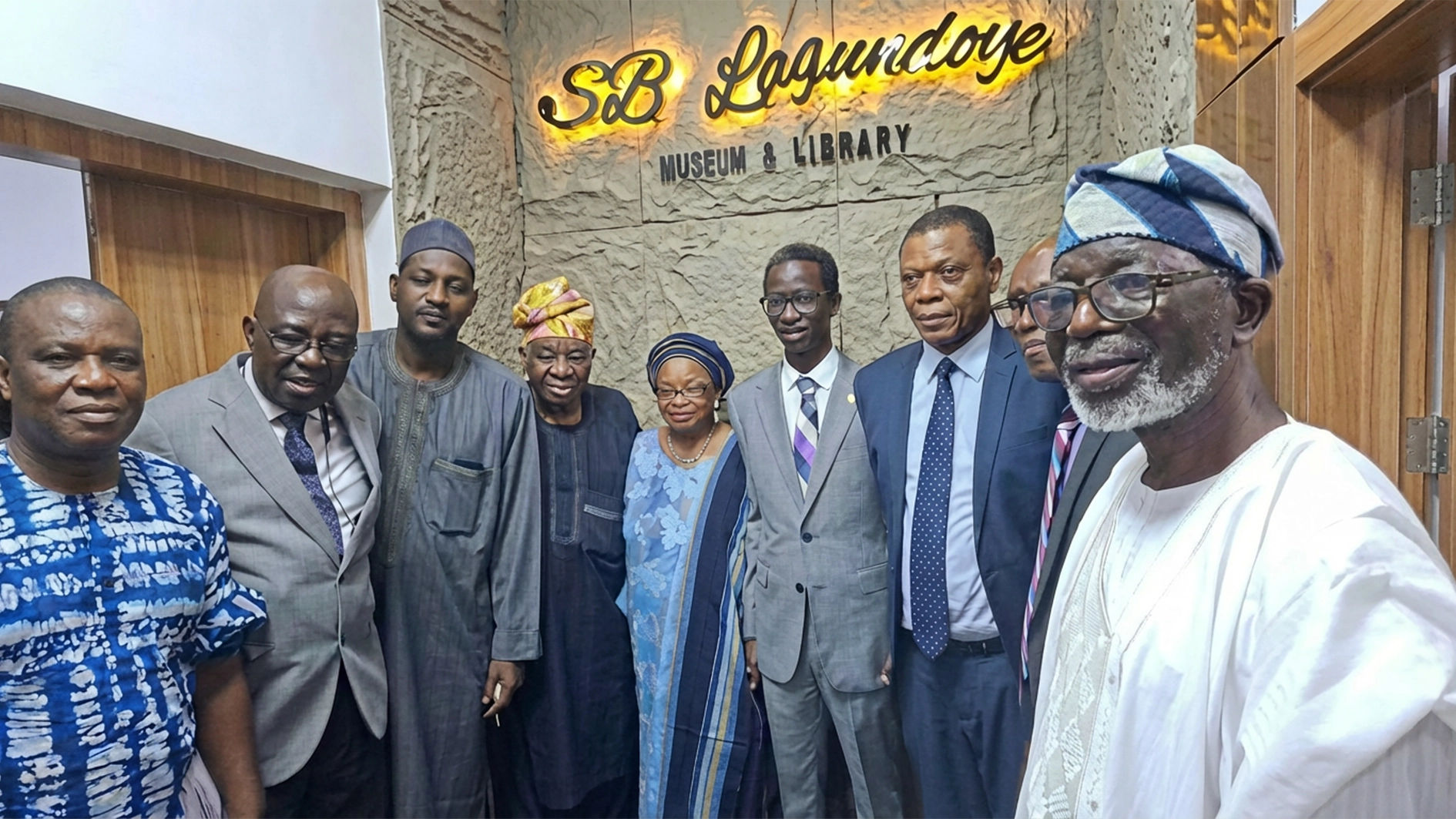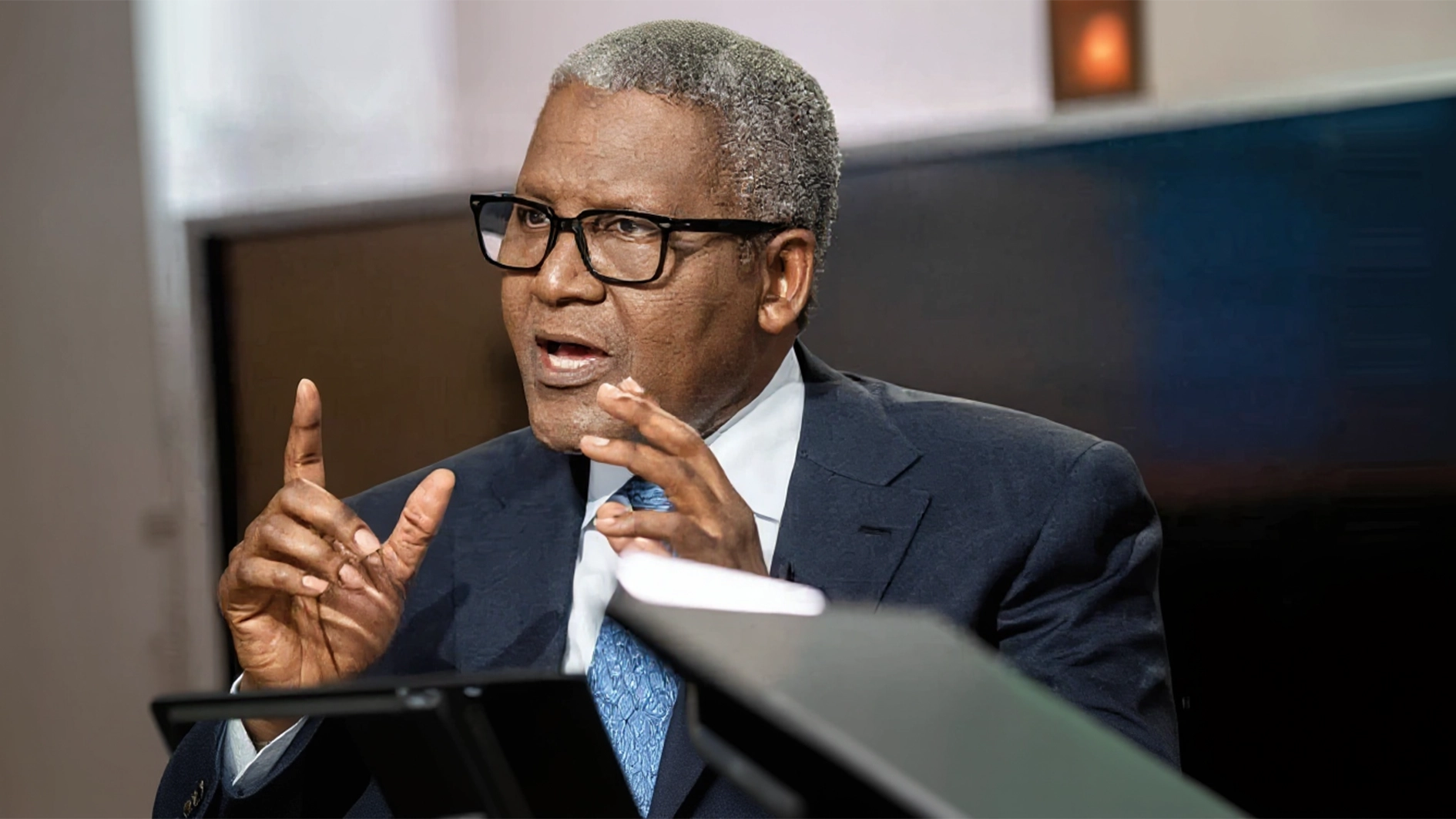Senior Special Assistant to the President on Media and Publicity, Temitope Ajayi, stated that every government has found the 2009 ASUU agreement unimplementable, a scenario which lends credence to the fact that something is actually wrong with the agreement.
In a post shared on his X account on Friday, the media aide stressed that it is either the Academic Staff Union of Universities (ASUU) is overstating the value of the agreement, or the Federal Government walked itself into a blind alley.
All government-owned universities in the country, estimated to be around 150, may be heading for a strike after the federal government denied claims that it signed an agreement with ASUU, describing the documents referenced by the union merely as draft proposals.
The agreement, which is geared toward making Nigerian universities globally competitive, has brought ASUU and the federal government parties at loggerheads, with the former calling on the federal government to implement the renegotiation agreement entered into with the union to avoid industrial action, which will affect about two million students nationwide.
Chieftains of the Academic Staff Union of Universities (ASUU) are still locked in discussion with the federal government, insisting that the authorities honour the 2009 agreement.
The political analysts noted that ASUU has a penchant for hastily drawing comparisons between the condition of service of academics in Nigeria and that of other countries, without giving the public the full story.
He pointed out that academic positions in countries like the UK, for example, are mostly on a contract basis, meaning that academic staff do not have permanent jobs like they have in Nigeria.
He added that a 2022 report from the Universities and Colleges Union in the UK indicates that a larger proportion of the academic staff, as high as 59%, are on fixed-term contract employment.
“I believe the government should significantly improve the conditions of service of academic staff, channel more funds into academic research, and expand physical infrastructure on campus—hostels, classrooms, laboratories, etc.
“Getting the required funding to make all of these happen to attract and retain the best faculty and staff will also mean that students must pay adequate tuition fees,” he said.
He warned that Nigeria may not have a top-tier university education system if what students pay for an academic session is far less than what most nursery schools charge for a term.






